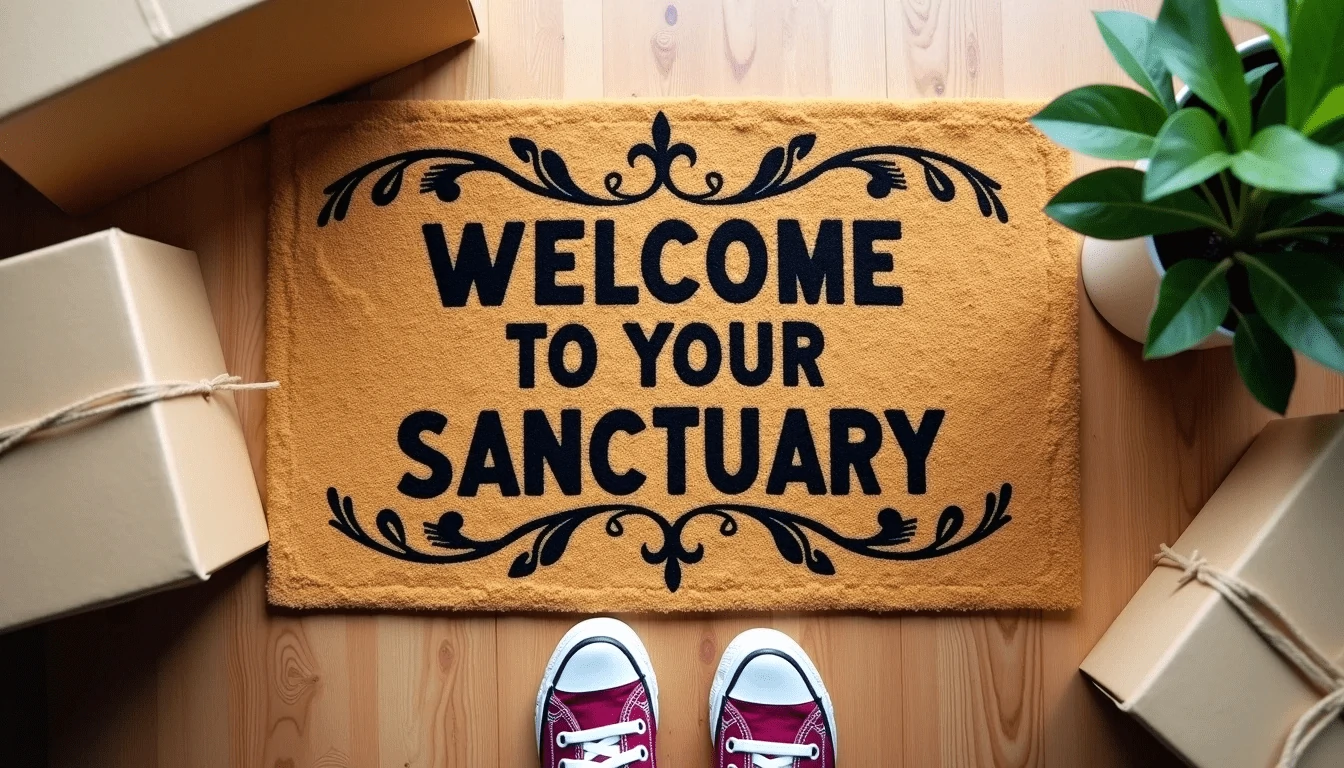Why Is Moving So Hard Mentally?
Moving is one of those life events that can feel like a mental marathon. Why is moving stressful? Because it’s not just about packing boxes and hiring movers—it’s about leaving behind a place that’s been your comfort zone. Even if you’re excited about the move, there’s a lot to process. Think about it: your home is where you’ve built routines, created memories, and felt safe. When you move, you’re stepping into the unknown, and that can be unsettling.On top of that, there’s the sheer amount of decision-making involved. What do you keep? What do you toss? Where does everything go in the new place? It’s like your brain is running on overdrive, trying to juggle logistics while also dealing with the emotional weight of change. At Just Better Moving, we’ve seen how overwhelming this can be for people, and we’re here to help lighten the load—both physically and mentally.

The Mental Exhaustion of Decision-Making
One of the most mentally draining aspects of moving is the sheer number of decisions you have to make. What do you keep? What do you throw away? How do you organize your new space? This constant decision-making can lead to “decision fatigue,” a psychological phenomenon where your ability to make choices becomes impaired due to overexertion. On top of that, there’s the pressure to get everything done within a specific timeframe. The combination of logistical stress and emotional weight can leave you feeling completely drained by the end of the process
Why is moving stressful?
Why Is Moving So Traumatic?
Moving can feel traumatic because it’s a major disruption to your life. Even if the move is for a positive reason, like a new job or a bigger home, it still involves a lot of loss. You’re leaving behind familiar faces, places, and routines. For some, it might even feel like losing a part of their identity, especially if they’ve lived in one place for a long time.Imagine this: you’ve lived in your neighborhood for years. You know the best coffee shop, the shortcut to the grocery store, and the friendly neighbor who always waves hello. Then, suddenly, you’re in a new place where everything feels foreign. That sense of disconnection can be jarring, and it’s totally normal to feel a little lost at first.At Just Better Moving, we understand that moving isn’t just about transporting stuff—it’s about navigating a big life change. That’s why we aim to make the process as smooth and stress-free as possible, so you can focus on settling into your new chapter.
Why Is Moving So Emotionally Exhausting?
Moving is emotionally exhausting because it’s a rollercoaster of feelings. One minute, you’re excited about the fresh start. The next, you’re overwhelmed by the sheer amount of work involved. And let’s not forget the bittersweet moments—like saying goodbye to a home that holds so many memories.Think about packing up your childhood bedroom or the living room where you celebrated holidays with family. It’s not just “stuff” you’re packing—it’s pieces of your life. That emotional weight can be draining, especially when combined with the physical exhaustion of moving day. At Just Better Moving, we’ve seen how tough this can be for people. That’s why we handle the heavy lifting (literally), so you can focus on taking care of yourself during this emotional transition.

Coping with the Psychological Challenges of Moving
Understanding the psychological impact of moving is the first step toward coping with it. Here are some strategies to help you navigate the emotional challenges:
- Acknowledge Your Feelings: It’s okay to feel sad, anxious, or overwhelmed. Give yourself permission to process these emotions instead of suppressing them.
- Focus on the Positive: While it’s natural to mourn what you’re leaving behind, try to focus on the opportunities that come with a fresh start.
- Stay Connected: If you’re moving away from friends and family, make an effort to stay in touch. Building a support system in your new community can also help ease the transition.
- Take It One Step at a Time: Break the moving process into smaller, manageable tasks to avoid feeling overwhelmed.
- Seek Professional Help: If the emotional toll of moving feels too heavy to bear, consider talking to a therapist who can help you work through your feelings.

Additional Coping Skills
- Establish a Routine: Creating a daily routine in your new environment can provide a sense of stability and normalcy. This can help you adjust more quickly and feel more grounded in your new surroundings.
- Practice Mindfulness: Engage in mindfulness techniques such as meditation, deep breathing, or yoga. These practices can help reduce anxiety and promote emotional well-being during the transition.
- Explore Your New Area: Take time to explore your new neighborhood. Familiarizing yourself with local parks, shops, and community centers can help you feel more connected and at home in your new environment.
- Create a Memory Book: Document your feelings and experiences during the move by keeping a journal or creating a scrapbook. This can serve as a therapeutic outlet and help you process your emotions.
- Set Up Your New Space Thoughtfully: Take the time to arrange and decorate your new home in a way that feels comfortable and inviting. Personalizing your space can help you feel more at home and ease the transition.

Why Is Moving Triggering?
Moving can be triggering because it stirs up a lot of emotions all at once. For some, it might bring up feelings of anxiety about the unknown. For others, it might remind them of past moves that were stressful or even traumatic.Let’s say you had a bad experience during a previous move—maybe your belongings got damaged, or the process was chaotic. Those memories can resurface and make you feel on edge about moving again. Or maybe the move is tied to a big life event, like a breakup or a job loss, which can make the whole process feel even heavier.At Just Better Moving, we get it. Moving isn’t just a physical task—it’s an emotional one, too. That’s why we approach every move with care and understanding, so you can feel supported every step of the way.
What Do You Call People Who Move Around a Lot?
People who move around a lot are often called “nomads” or “frequent movers.” Some might even refer to themselves as “wanderers” or “adventurers,” depending on how they feel about their lifestyle. For some, moving frequently is exciting—it’s a chance to explore new places and meet new people. For others, it can feel like a challenge, especially if they crave stability.If you’re someone who moves often, you know how important it is to have a reliable moving company by your side. At Just Better Moving, we’ve worked with plenty of frequent movers, and we know how to make the process as seamless as possible—whether it’s your first move or your fifteenth.

Final Thoughts
So Why is moving stressful? Moving is a big deal, and it’s okay to feel a mix of emotions about it. Whether you’re excited, nervous, or somewhere in between, know that you’re not alone. At Just Better Moving, we’re here to help make your move easier—both physically and emotionally. Because at the end of the day, moving isn’t just about getting from point A to point B. It’s about starting a new chapter, and we’re here to help you do it with confidence. Also, check out our other blog on the best time to move. It will help you plan the best time and relieve one of those tense decisions. Thanks for reading!




Leave a Reply